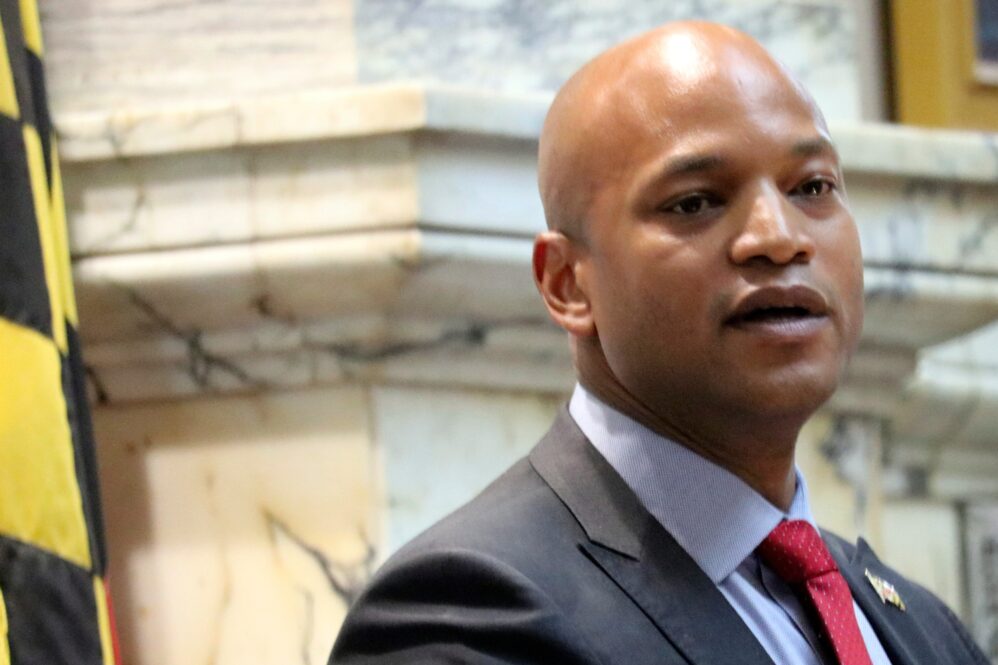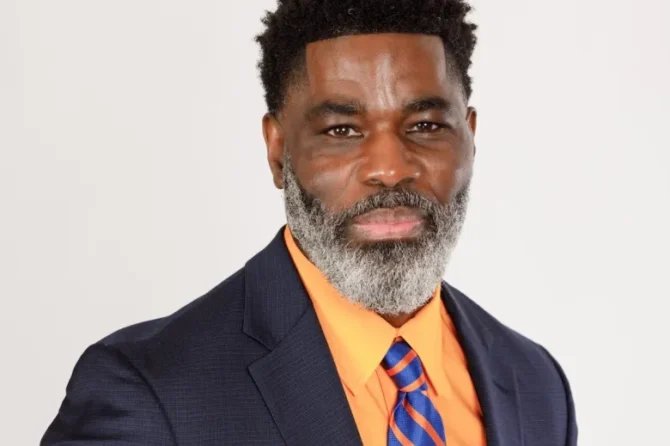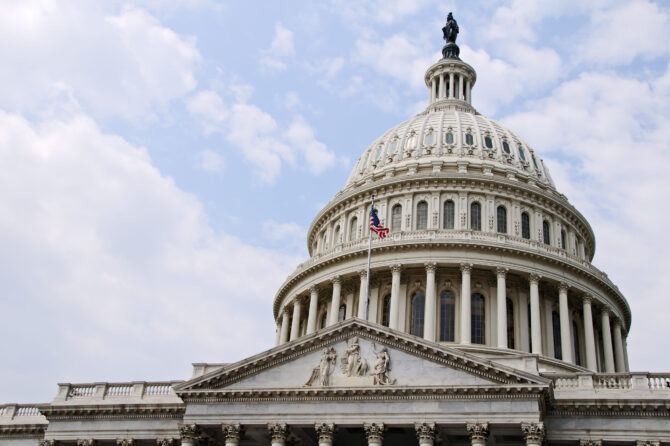MARYLAND MATTERS: Approximately 285,000 women in Maryland live in contraceptive deserts, meaning that it is a challenge for women in those areas to obtain the means to prevent pregnancy such as intrauterine devices (IUDs), implants, pills and other FDA-approved methods of birth control, according to private advocacy group Power to Decide.
Gov. Wes Moore (D) and Secretary of Health Laura Herrera Scott hope to expand access to contraceptives and reduce unintended pregnancies in the state with a newly announced collaboration with nonprofit Upstream USA.
“We believe that abortion services are health care. But, the work to protect reproductive freedom and bodily autonomy does not stop at abortion. And the work to expand access to health care does not stop at abortion either,” Moore said Tuesday during a press conference at the State House. “Contraception is health care. Educating our women and our girls about their reproductive options in health care.”
“We must do a better job of ensuring that when a Marylander walks into any doctor’s office, that they can get connected to contraceptive care,” he added.
Upstream is a nonprofit organization aimed at reducing unplanned pregnancies by expanding access to contraception. According to its website, the organization “delivers training and wraparound services at no cost to health care providers.”
Moore said that the four-year collaboration with Upstream will provide “provide training, education and technical assistance on contraceptive care to Maryland health care providers.”
According to Moore’s Press Secretary Carter Elliot, state money will not be going towards Upstream’s efforts in Maryland.
“Not as of right now,” he said.
“The Department of Health is going to work with [Upstream] to help them target their efforts for where they should be going throughout the state. Our efforts are helping them make better informed decisions on where they should place their resources at, based on data that the health department has on unintended pregnancies happening around the state,” Elliott told reporters following the press conference.
“What we’re giving them is purely information based. It doesn’t look like there is a monetary component, and Upstream is putting all the financial capital forward through the nonprofit,” he said.
In a July press release, the U.S. Department of Health and Human Services announced a similar collaboration between the Biden-Harris administration and Upstream USA.
Mark Edwards, CEO and co-founder of Upstream, explained that the organization works with health care providers to ensure that patients have access to a full range of contraceptive options.
“We support our health care partners by helping them integrate high-quality contraceptive care in the places where patients already receive their health care in the primary care setting, not just in family-planning specialty which are few and far between,” Edwards said.
Moore said that the first health care provider to receive Upstream’s services will be CCI Health Services, a Federally Qualified Health Center, which has offices in Montgomery and Prince George’s County.
Sonya J. Bruton, CEO and President of CCI Health Services, said that the partnership is allowing CCI Health Services to integrate family planning “at every touch point.”
“This includes making sure that every member of the care team is comfortable discussing contraception and that every resident we touch has all the opportunity to learn about all the present pregnancy prevention options and how to make the choice that is best for them,” she said. “They include visual aids, scripts, explanations and, best of all, a display of all the options that gives patients that ability to delay, limit or expand their families through a method that does not require them to compromise.”
The partnership with Upstream USA comes when state legislators and administrations are shaping their abortion and reproductive health policies following the U.S. Supreme Court’s overturning Roe v. Wade, the federal case that protected access to abortion.
While the press conference largely focused on efforts to improve family planning for “women and girls,” none of the speakers specifically mentioned how these services could help men make decisions on family planning, although a reporter asked.
This is not the first effort by the Moore administration to expand and protect access to reproductive care, as it has declared the state a “safe haven” for abortion care to Marylanders and those traveling from states with more restrictive abortion policies.
“Maryland will be a sanctuary for reproductive health care choices. However, true choice extends beyond mere legality. It hinges on accessibility,” Lt. Gov. Aruna Miller (D) said at the press conference. “Persistent economic, geographical and racial barriers hinder many from making fully informed choices about their reproductive health.”
Power to Decide reports that most counties in Maryland do not have enough health centers to provide contraception to Marylanders in proportion to the county’s population.
Herrera Scott that there are many factors that create so-called “contraceptive deserts.”
“That’s been, historically, just based on the provider type, and not all primary care being comfortable. One, about having the discussion about contraception in general, but then being knowledgeable about all the methods,” Herrera Scott said, responding to questions at the press conference.
“Maybe they only have oral contraceptives…but if a person wants something else, they may not be trained in offering an IUD, for example, and then you have to go somewhere else, which may mean traveling far distances to get to an alternative contraceptive method. So this will expand our ability to provide services since primary care is more accessible than some family planning and certainly OB-GYN,” she said.









